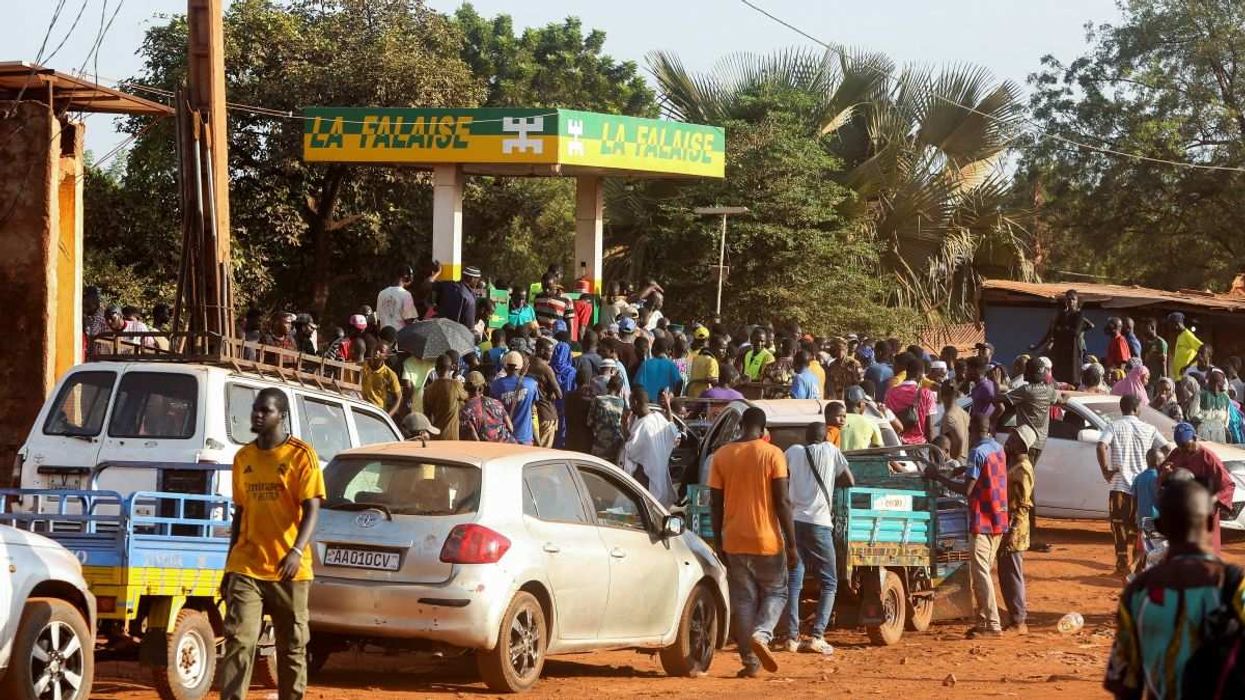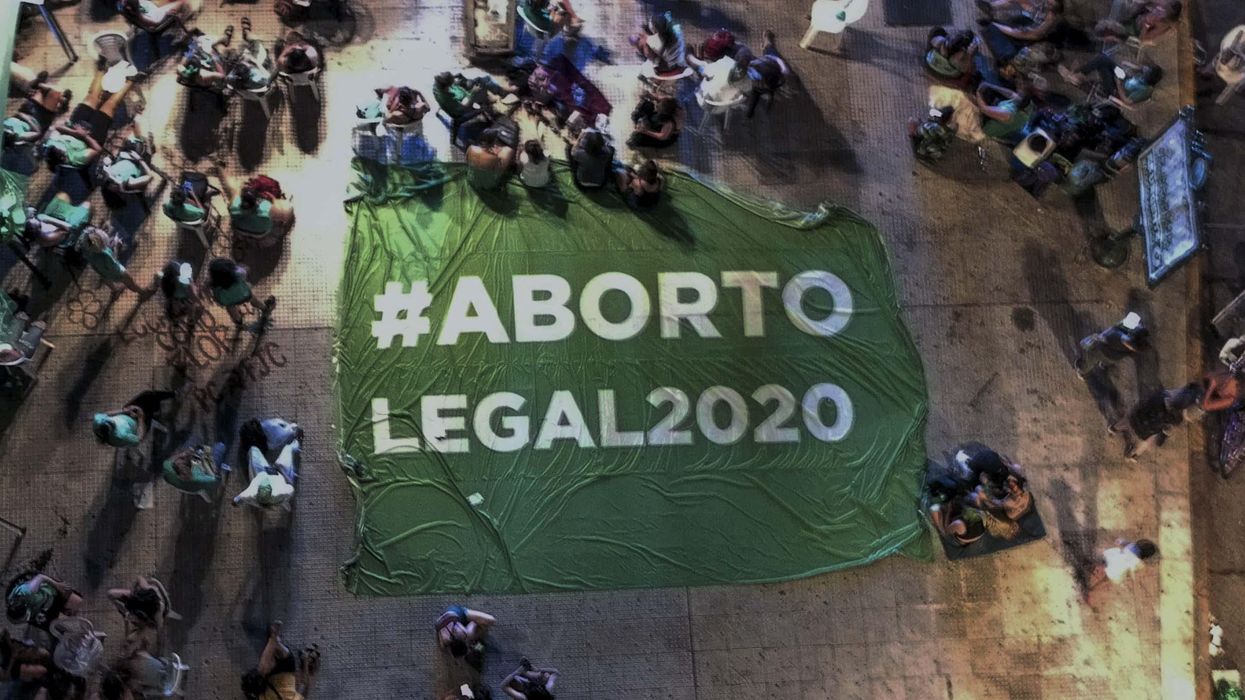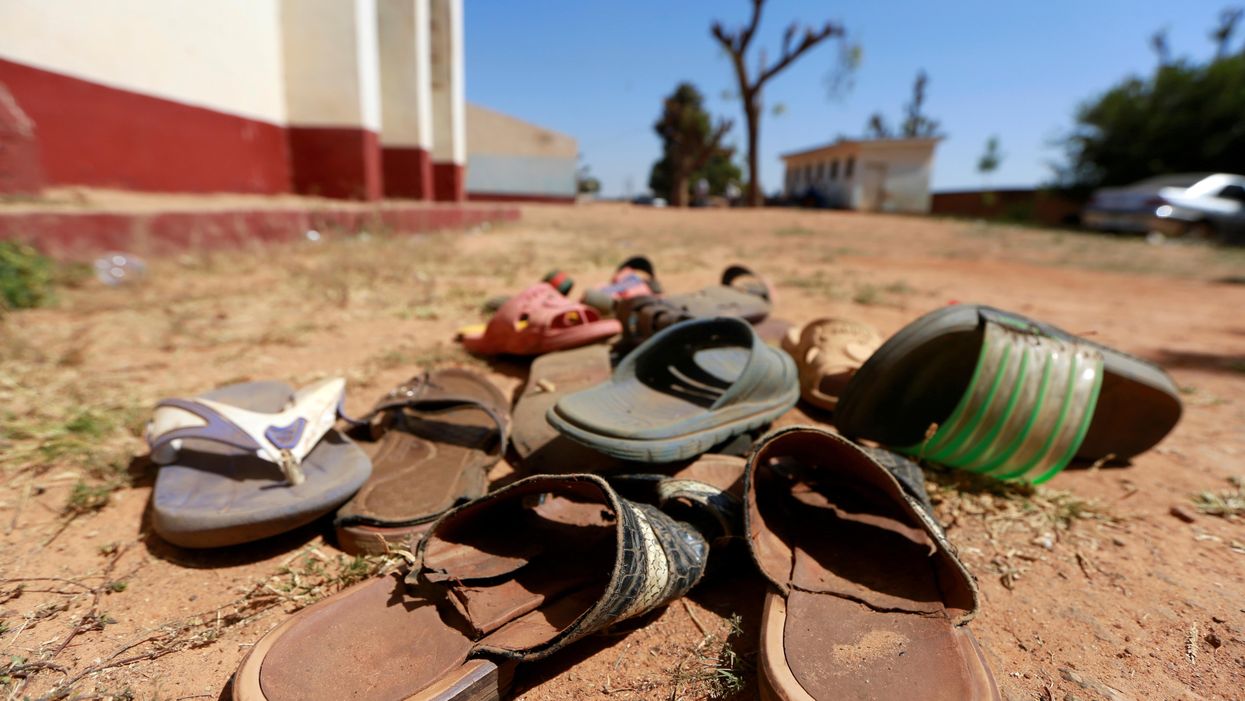Analysis
Mali’s insurgency spells trouble for West Africa
Mali is on the verge of falling to an Islamist group that has pledged to transform the country into a pre-modern caliphate. The militant group’s momentum has Mali’s neighbors worried.
Nov 04, 2025




